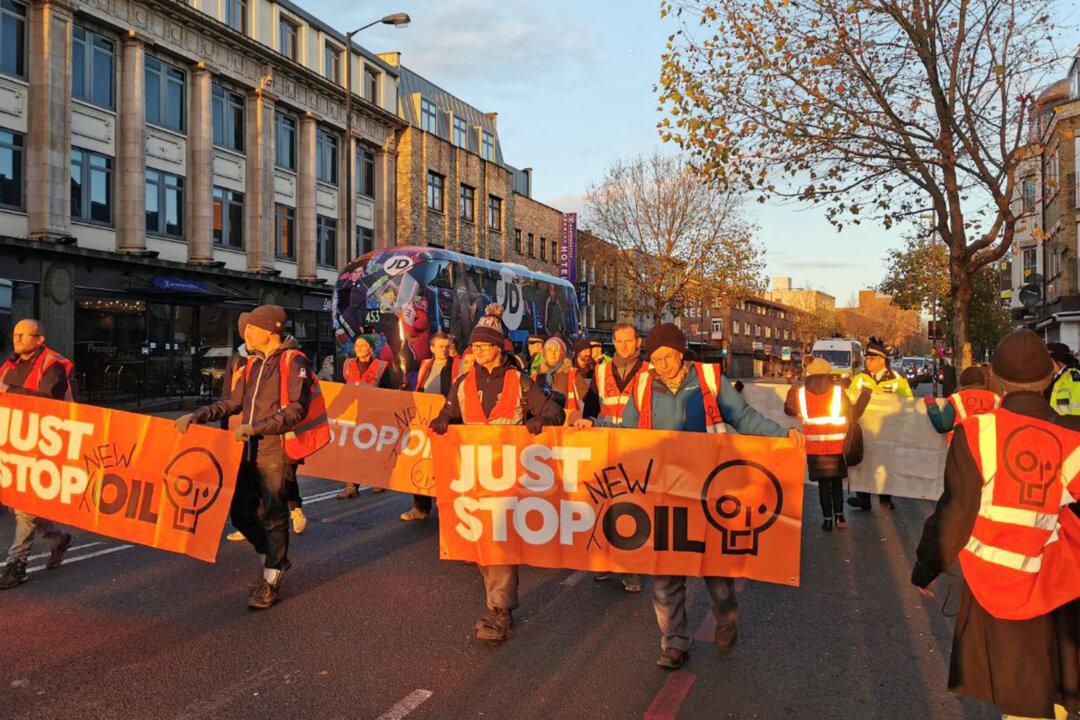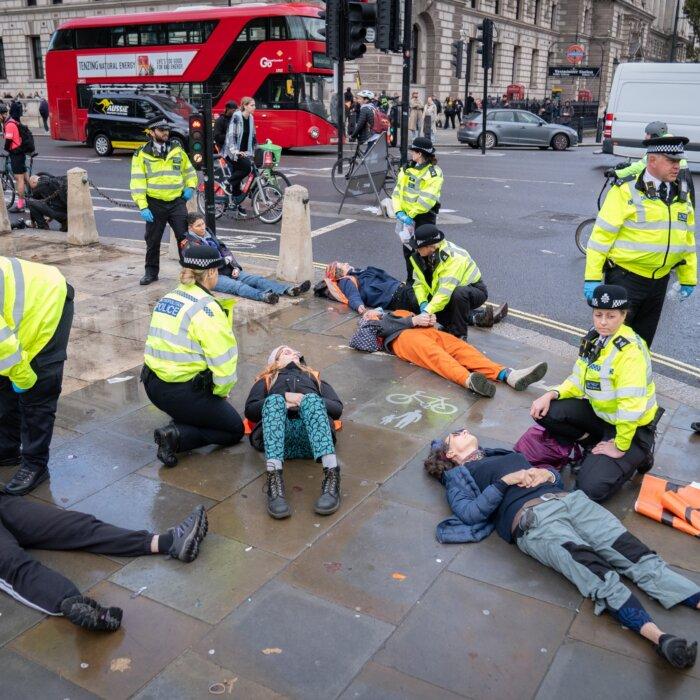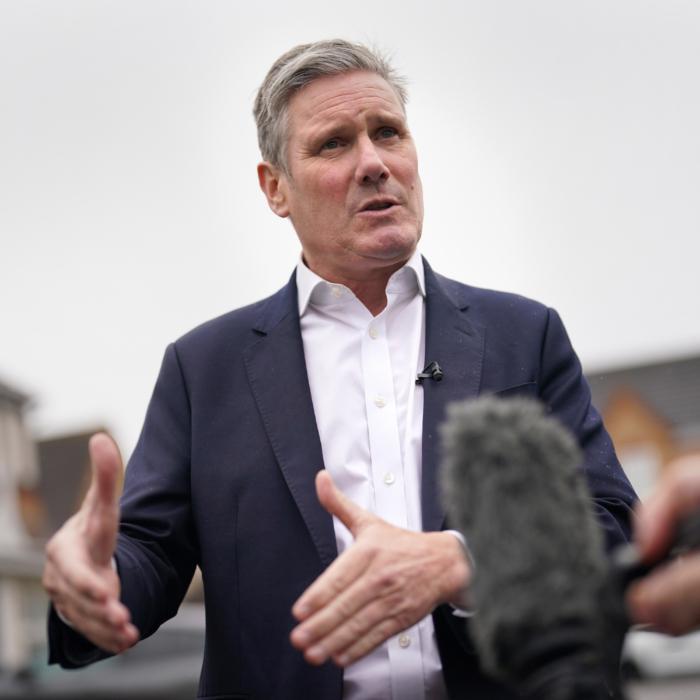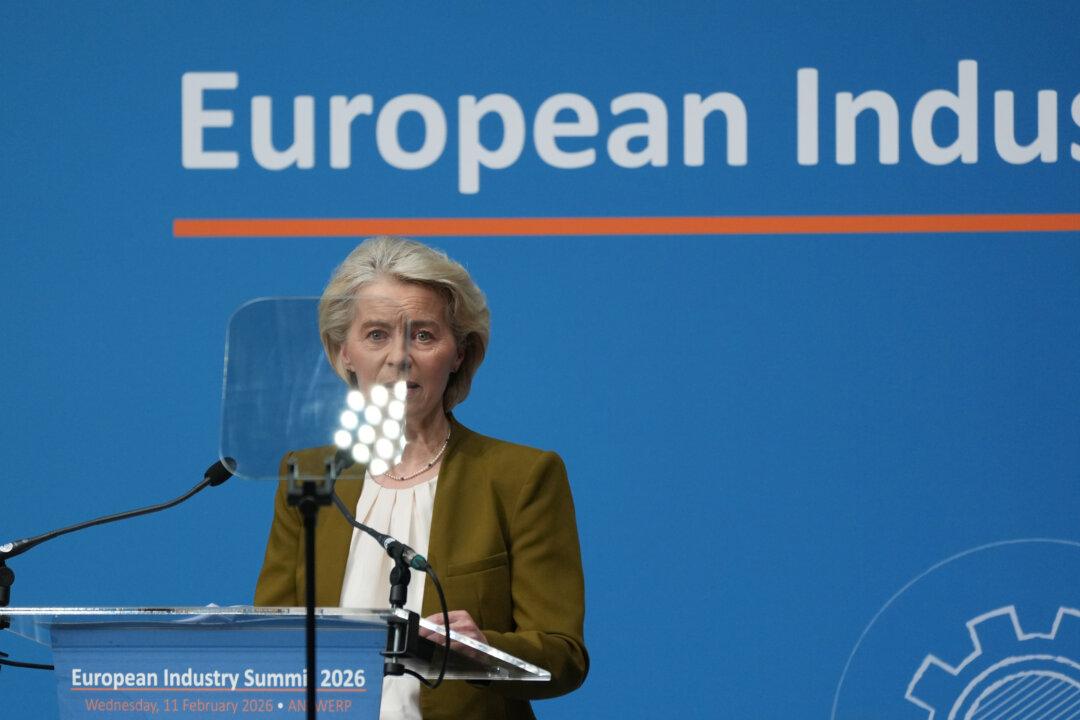Police will now be given the power to stop “slow walking” by climate activists under new proposals by the government.
New legislation introduced on Thursday will give officers the power to intervene and stop the tactic used by Just Stop Oil protesters.
The Conservative government’s Public Order Bill, which passed on Wednesday, was designed to strengthen police powers against disruptive tactics by climate activists such as Extinction Rebellion, Just Stop Oil, and Insulate Britain.
The bill also creates a new criminal offence of interfering with key national infrastructure such as roads, airports, and railways, with perpetrators facing 12 months behind bars.
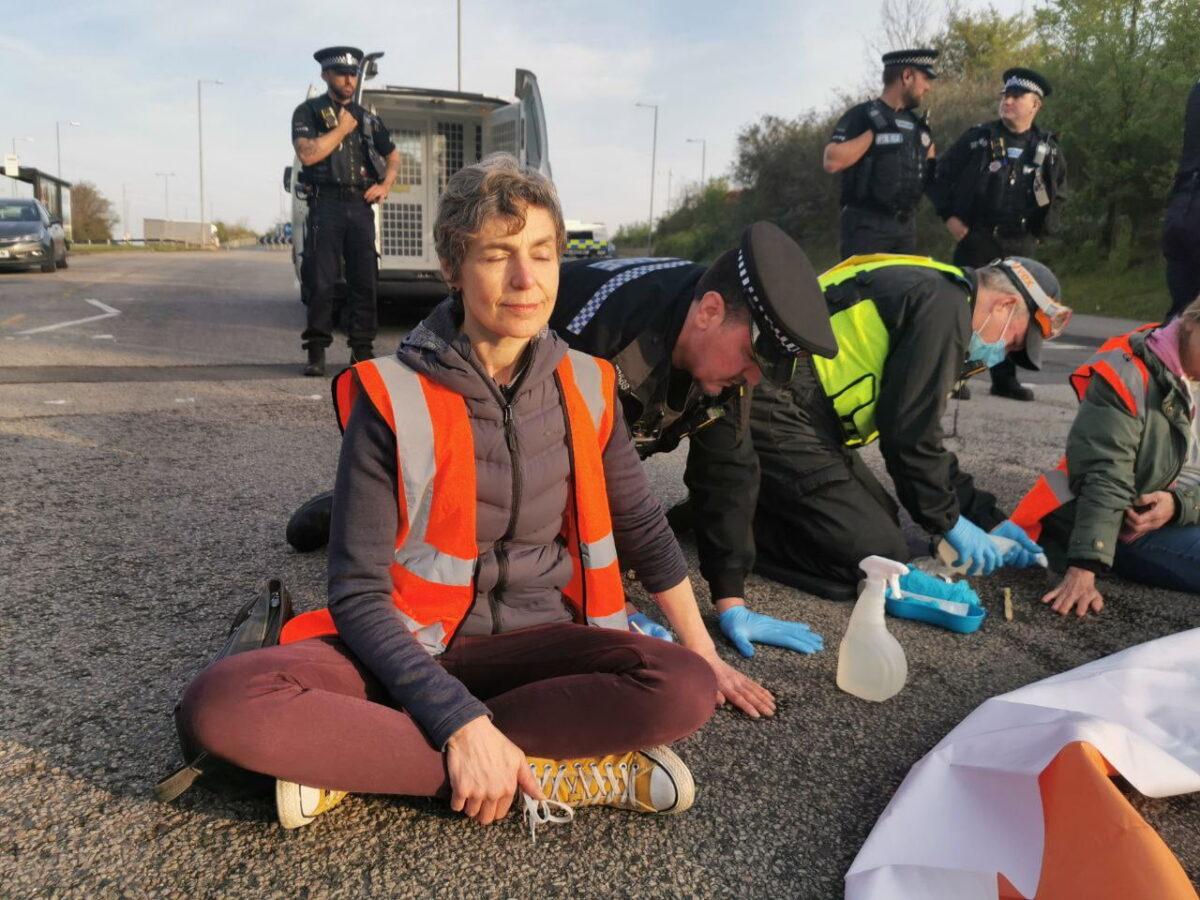
‘Wreaking Havoc’
Home Secretary Suella Braverman said: “Selfish, disruptive protesters are wreaking havoc in people’s everyday lives across the country and this must be brought to a stop.“This is why we are bringing forward this new law to clearly define serious disruption as requested by police chiefs.
“Not only will the Public Order Bill, passed yesterday by Parliament, introduce new criminal offences for causing serious disruption, this new legislation permits the police to clear the roads of slow-marching protesters who are hell-bent on causing chaos across the UK,” she added.
Getty co-founded the group with wealthy donors including renewable fuels businessman Trevor Neilson, and Rory Kennedy, daughter of Sen. Robert Kennedy and Ethel Kennedy.
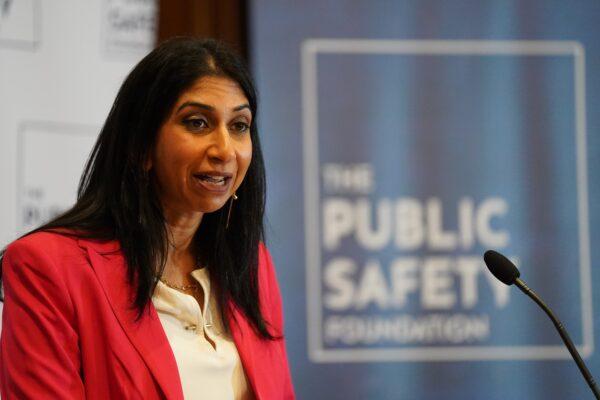
Does the Right to Protest Conflict with Criminal Laws?
Anna Loutfi, barrister and legal director of the Bad Law Project, which was founded by the actor and activist Laurence Fox, told The Epoch Times that “the right to protest seems to be coming into conflict with our criminal laws which prohibit criminal damage and other unlawful forms of behaviour such as blocking roads, attacking infrastructure, and targeting property.”But the new legal changes could mean more stringent policing where protests are likely to result in criminal behaviour, or that protests may become more difficult for anybody irrespective of their cause and grievance.
“In that situation, we have to take a step back from Just Stop Oil and Extinction Rebellion, which are relatively unpopular causes with the vast majority of the British population because of their disruptive nature,” she said.
Loutfi noted that during COVID-19 lockdowns there were several large anti-lockdown protests in London and across the UK that were heavily policed.
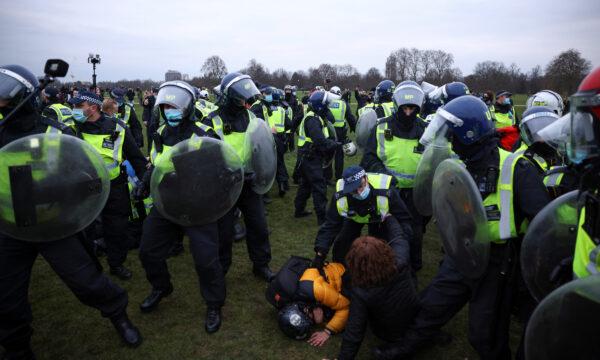
‘Certain Political Causes’
She said that there will be a “question in the public’s mind whether some causes are less likely to be policed than others, irrespective of what the law says” because certain causes are seen as “politically fashionable” such as climate change, whereas with other causes such as lockdowns or objections to military conflict, the police are “more likely to take a less sympathetic view.”She said, however, there is no question about the law, which already prohibits criminal behaviour and permits protest.
“We have had those two areas of law without difficulty for decades so the real question is culturally do we live in a climate where criminal behaviour is tolerated for certain political causes, and non-criminal behaviour is not tolerated when protests are organised on less fashionable causes such as lockdowns or vaccine harms?” said Loutfi.
It is still unknown whether the changes to the law will affect citizens’ right to assemble and the right to freedom of expression.
“We have to look at the culture of policing and ask, is the government or political policing the problem or is it the law?” she said.
“And if it is the law, we need to know exactly about the law which is not fit for purpose given that we have had the right to peaceful protest in this country for decades. And is any change in the law likely to engage our traditional civil liberties such that we feel we are less able to protest our governments and hold them to account, no matter what our criticism of the government is?” added Loutfi.
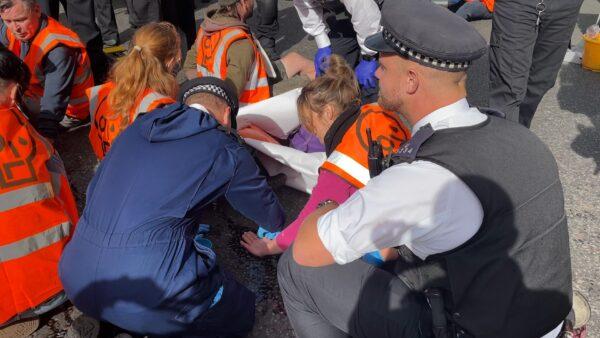
BJ Harrington, the National Police Chiefs’ Council lead for public order and public safety, said, “Policing is not anti-protest, but there is a difference between protest and criminal activism, and we are committed to responding quickly and effectively to activists who deliberately disrupt people’s lives through dangerous, reckless, and criminal acts.”
“It is the responsibility of Parliament to make the law and our job to enforce it,” he added.
